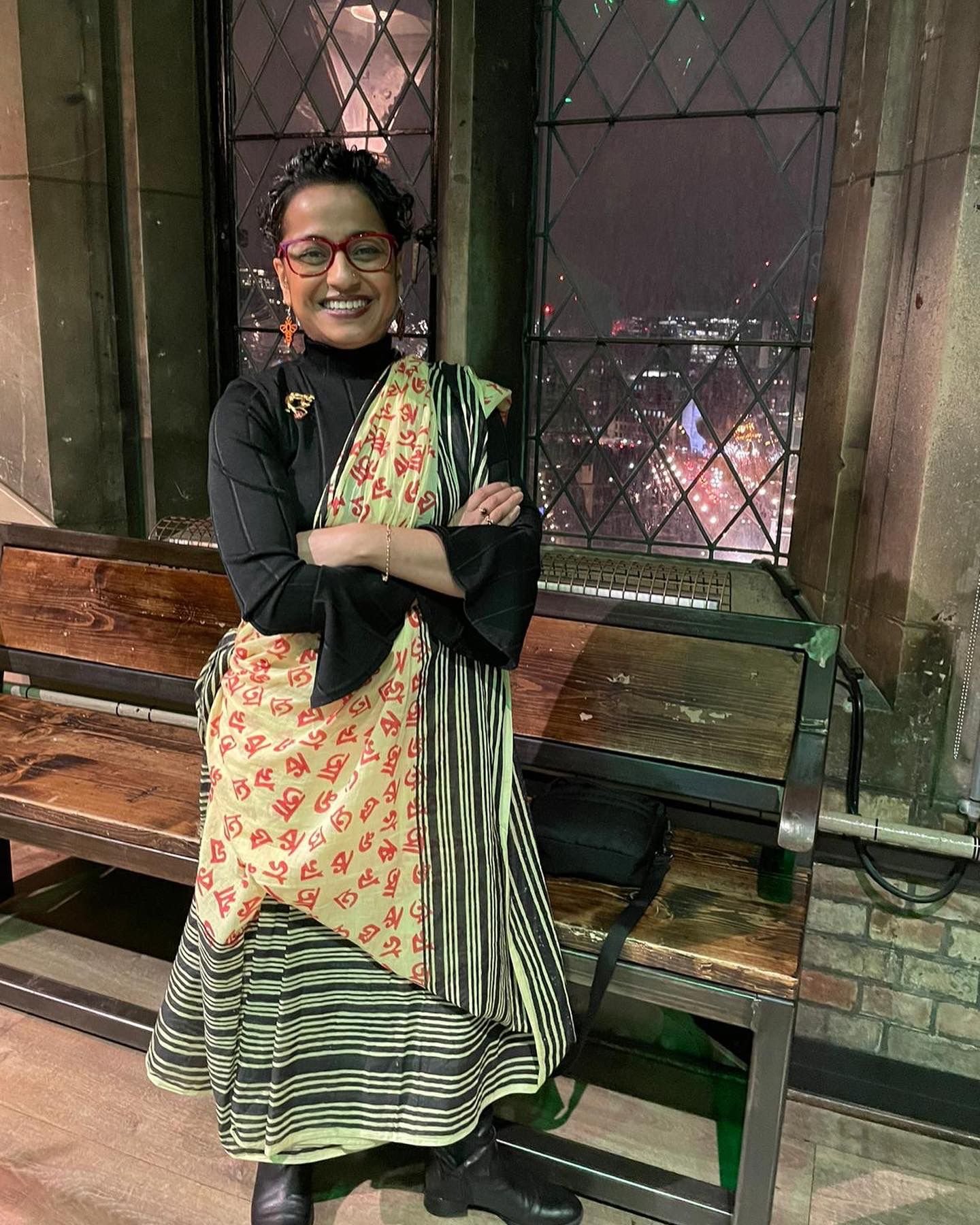
Kee Khobor Stories
Kee Khobor will feature blogs, poems, vlogs and podcasts. The reflections will be shared publicly throughout the year, with our official launch on 26th March 2021.
The various identities of the Bengali community in the UK will be explored and celebrated. We will facilitate an open exchange of ideas and give voice to views, some of which may otherwise not be heard.
The project will leave a legacy that provides stewardship for future generations to not only have pride in their identity but to own it and derive strength from it, and give younger people who may be struggling the confidence and opportunity to belong to something wider.
The reflections will provide an opportunity to look ahead to the future development of the community and not only stay relevant as a community within a changing society but be inspirational to the development of wider British society.

Bijoy Dibosh - Remembering the women of war the Birongona
I was born in a tiny earth and bamboo home in Sylhet and I was made in the city of London. I thank my luck and ancestors for carving a path that allows me the privilege of freedom of choice

How football influenced my British Identity
At this point in my early teens, I had a better understanding of the world. I knew not every young person was a friend, and I understood not every adult was a guardian. If you wanted to be taken seriously, you either had to throw your weight around, or you had to perform on the pitch.

A woman who is changing her world through law, art and her children
She was the first in her family to go to university and allowed by her dad to live away from home. This was a big ask of a man from his generation and background, but he believed wholeheartedly in her. She felt she was leading the way, not only for her younger siblings but for the Bangladeshi community that surrounded her. Like her father, she was willing to go against the expectations that the world had on them. Together they were brave and pushed boundaries.

Unashamedly Bangladeshi
Being the last commonwealth cohort to arrive certainly put us at the bottom of the pecking order and a smaller build from the other South Asian communities meant that we were easy targets. Growing up, we had to learn to defend ourselves or run. My understanding was: if you run you would have to do that all your life. I chose to stand and fight when I was able to.

My Father
My Father has also been very inspiring for me. He was in fact awarded an MBE in 2002 (during the Queen’s birthday Honours) for his outstanding work in patient care. He has always been a benchmark for us and along with my family culture, I have had great role models, to look up to. I feel it is their influence which has helped me in becoming a forward-thinking, proud British Bangladeshi woman.

How The War of Independence Forged A Culture Of Resistance Among British Bangladeshis
Halima Begum’s story.
In Dad, it lit a fire in his soul; a determination to fight for social progress and challenge injustice wherever he found it – a stubborn trait of character he may feasibly have passed down to his children.

50 Years From Now, What Do I See?
Photo: Simon Reza
50 years from now, what do I see? I have a vision, not a dream. Where Bengali girls can go to their Mothers and tell them anything. Absolutely anything. They will be able to tell them about their first crush, their first love.
